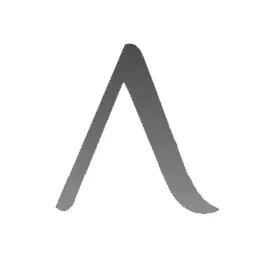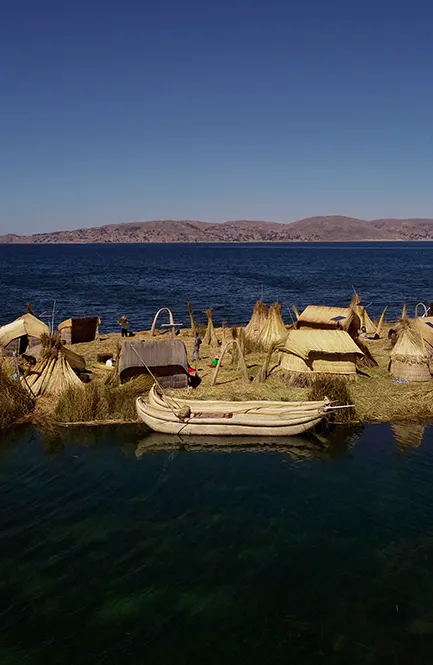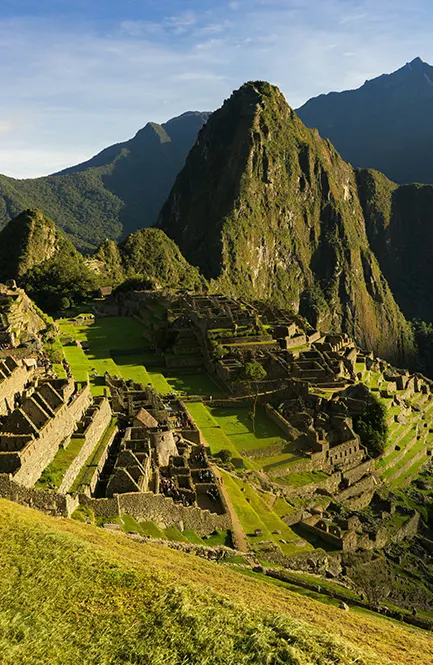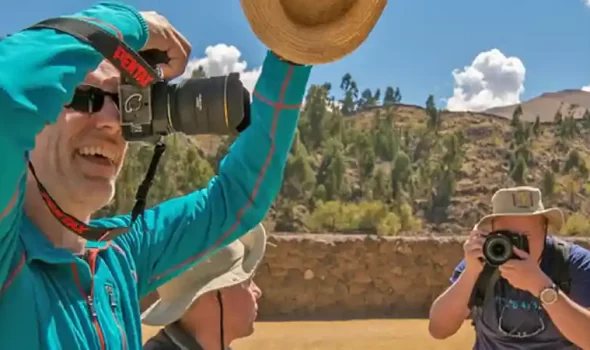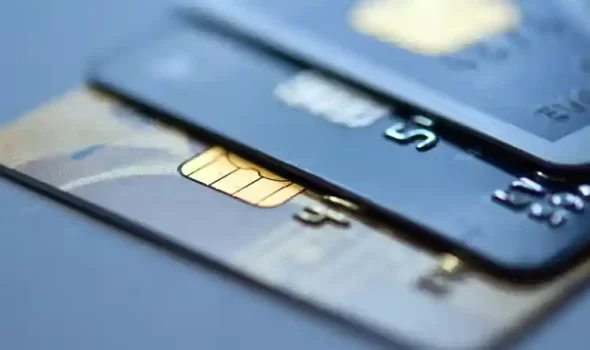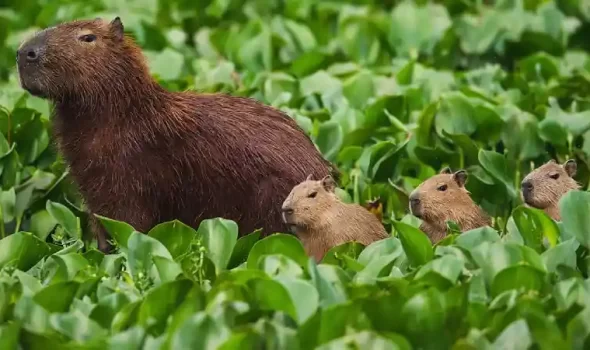Something really unmissable on your trip in 2024 is not to visit the beautiful city of the kings Peru, the city of Lima as the capital of Peru contains a genuine history that is still alive both in its traditions and also in its people. Auri Peru teaches you what is hidden in this beautiful city and why you should visit it.
The capital city of Peru shows us that it is not only a place of transition for travelers but that it has much more to offer us, from the popularity it gained with gastronomy, obtaining the title of gastronomic capital of South America.

Capital of Peru
We recommend you to read our article: Discover the curiosities that the Best Markets in Cusco offer for you
1.- HISTORY OF LIMA PERU
Lima located in Peru, capital city of the country, It is one of the cities that has preserved its essence and its history even with the passage of time, in each space you can appreciate the incredible colonial architecture, making it clear that it is not just a city, it is a tangent proof of the history that is told for generations to this day. From its pre-Columbian origins to its crucial role during the Spanish conquest, the capital city of Peru has been a witness and protagonist of countless episodes that have shaped its unique identity.
2.-NAME’S ORIGIN
The name of the city Lima is a version of the Spanish language. Since it traditionally comes from the Quechua word “limaq”, which means “speaker” or “the one who speaks”, taking as an idea the first people who came to live in this place. Others refer to the “Rimac” river because of the inhabitants who previously lived near the valley of the Rímac River. Over time, the last letter was removed and the first letter was replaced by the “L”, thus giving the peculiar name of Lima.
However, the most well-known nickname of the capital of Peru is “city of the kings Peru”, revealing another intriguing facet of its history. This recognition was given by the conqueror Francisco Pizarro in the year 1535, at which time the city was part of the foundation in the Rímac valley on the remains of an ancient Inca city. The choice of the name represents the conqueror’s respect and veneration for the Spanish crown and at the same time also represents the intention to create a new capital that would measure up to European cities.

capital of Peru
It is from that moment that the capital of Peru begins to witness the golden age and at the same time the time of decline of the Spanish presence, with the passage of time and the moment of liberation of Peru that occurred on July 28th, 1821. Time has only allowed its streets and buildings to be part of rebellions, movements of force that went against the system with the sole purpose of remaining reflected in history.
Even today we can appreciate that the capital of Peru is a multicultural place where time has managed to show us a form of interpretation between today and yesterday, where tradition is part of advancement and progress. Many of the places it contains, such as its historic center, colonial buildings, historical and bohemian districts, are part of the unique atmosphere of Peru that joyfully welcomes all its visitors.
3.- LOCATION
It is located on the central coast, in the valley of the Rímac River. In Peru, capital city is not only the most important, in this case it is a cosmopolitan city that contains among its inhabitants multiple people from many places in the world, which makes its customs multiple and diverse.
The capital of Peru has an extension that borders cities such as Huanuco, Ancash, Ica, Pasco and Junín. Naturally, the coast borders the Pacific Sea, which provides a unique and exclusive panorama for visitors.

Capital of Peru location
4.- HOW MY TRIP TO PERU STARTED
“Exploring the historic squares and modern districts at the City of the Kinds, we discovered a captivating fusion of colonial elegance and contemporary energy! Lima is a must, during your Peruvian Adventure!”
Elizabeth Tompson, Jan, 2024
5.- SOME MAIN TOURIST ATTRACTIONS OF LIMA
5.1.- Main Square
It is the most important place in the entire capital of Peru, also known as Plaza de Armas, it is the historic heart of Lima located in the center of the city, where the Cathedral of Lima, the Government Palace and the Archbishop’s Palace. Getting here is relatively easy, from the hotels located in Miraflores or Barranco it takes 30 minutes and is available to everyone.
5.2.- Architecture in the historic center
Walking through its cobbled streets and admiring the colonial architecture of the 16th and 17th centuries is something that perfectly complements your visit to the incredible city of the kings Peru. Something interesting to know is that it was declared a World Heritage Site by the UNESCO in the year 1991.

Architecture in the historic center
5.3.- Convent of San Francisco
This impressive structure located in the capital of Peru houses underground catacombs, an ancient library and a beautiful church with Sevillian tiles, which are part of the traditional City Tour route, to enter you must purchase an entrance ticket that costs s/20.00 Peruvian soles per person and you can visit it for a period of 45 minutes to 1 hour, it is open every day from 09:00 am to 18:00 pm.

Convent of San Francisco
5.4.- Larco Museum
An incredible place for our visit, it exhibits an impressive collection of pre-Columbian art, including ceramics, jewelry and textiles, in an 18th century viceregal mansion surrounded by beautiful gardens. It is available every day from 10:00 am to 19:00 pm by purchasing an entrance ticket that costs s/40.00 Peruvian soles per person.

Larco Museum
5.5.- Miraflores
One of the most modern and vibrant neighborhoods in Lima, famous for its boardwalk overlooking the Pacific Ocean, its parks, shops, restaurants and nightlife. Additionally, this is where most of the tourist hotels are located.

Miraflores
5.6.- Barranco
A picturesque bohemian district in the middle of the capital of Peru. Known for its colorful houses, art galleries, street murals, cafes and bars. They certainly add a dramatic touch to our visit and are really worth a visit.

Barranco
5.7.- Huaca Pucllana
A pre-Inca archaeological center located in the capital city of Peru, composed of an adobe pyramid and a museum that shows the history of the Lima culture. In order to visit it, it is advisable to hire a travel agency that can help you with transportation as well as a guide specialized in history. We can help you with this, contact us whenever you want.

Huaca Pucllana
5.8.- Magic Water Circuit
This park has 13 water fountains illuminated with colored lights and music, offering a unique visual spectacle at night, it has 3 show times (19:15 pm – 20:15 pm – 21:30 pm) and has an entry cost of s/4.00 soles per person

Magic Water Circuit
5.9.- Parque Kennedy
In the heart of Miraflores, one of the neighborhoods of the capital of Peru, this park is famous for its stray cats and its lively atmosphere, with street artists, craft markets and cafes. A place to connect with local people.

Kennedy Park
5.10.- Surquillo Market
A place that belongs to the daily life of people who live in the capital of Peru exploring this bustling market, where you will find a wide variety of fresh products, local food and crafts.

Surquillo Market
| “Pamper yourself this 2024 and visit Lima Peru |
6.- FAQs about Lima Peru.
6.1.- What is the official language of Lima?
Lima, the capital of Peru, as a cosmopolitan city is the conjunction of many cultures where several languages are spoken, but Spanish is the official and predominant language. However, due to its rich history and ethnic diversity, other indigenous languages, such as Quechua and Aymara, can also be heard, especially in rural communities and among indigenous populations. Furthermore, English is widely spoken in tourist areas and in the commercial sphere due to growing tourism and globalization.
6.2.- What type of religion do you find in Lima?
The predominant religion throughout the country is Catholicism, which was introduced by the Spanish conquistadors during colonization. The city is full of historic churches and imposing cathedrals that reflect the profound influence of the Catholic faith on the life and culture of the population. However, there is also growing religious diversity in Lima, with Protestant, evangelical, Jewish, Muslim and other religious communities contributing to the city’s religious plurality.
6.3.- What type of currency will I need?
The official currency of Peru is the Sol (PEN), which is used in Lima and throughout the country. However, due to the growing economy and tourism, the United States dollar (USD) is widely accepted in many commercial establishments, hotels and restaurants in Lima, especially in tourist areas such as Miraflores and Barranco.
6.4.- What is the best time to travel to Lima?
The best time to visit the capital of Peru is usually during the winter months, which run from June to September. During this period, the city experiences drier conditions and cooler temperatures, making it more comfortable to explore and enjoy its many attractions. On the other hand, if your intention is to enjoy the beaches then summer will be the most recommended in the remaining months. You can always take advantage of each season for something in particular.
Lima is the first destination you will arrive at during your visit to Peru, that is why it is so important that you know all the details that will help your trip to be unforgettable. If you have questions, you can contact us. At Auri Peru we want your experience to be unique. and with a purpose.
“A journey of a thousand miles begins with a single step”
